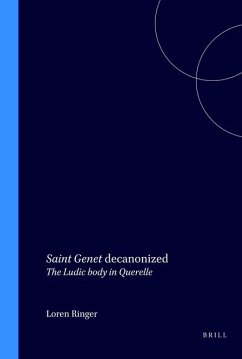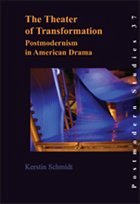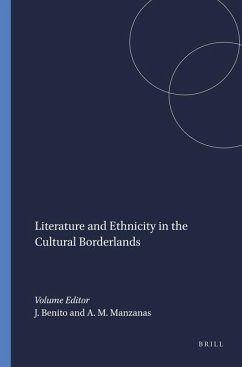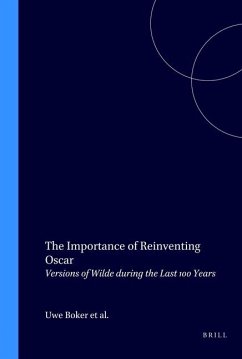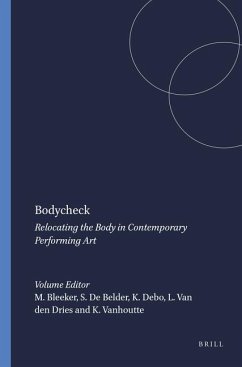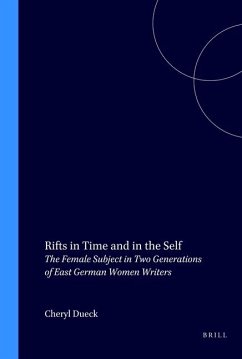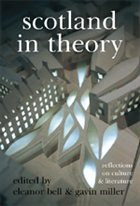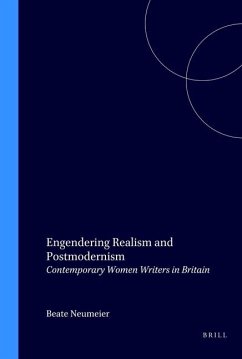
Pushing at Boundaries
Versandkostenfrei!
Versandfertig in über 4 Wochen
61,99 €
inkl. MwSt.

PAYBACK Punkte
31 °P sammeln!
Pushing at Boundaries presents approaches to women writers who have recently had a big impact in shaping the contemporary literary field in Germany. The opening chapters offer the first extensive consideration of Karen Duve's work, including an excerpt from her latest novel, the romance parody Die entführte Prinzessin, a fascinating commentary by her translator Anthea Bell, and essays on her acclaimed novel Regenroman, her subversive take on West German youth culture in the 1980s in Dies ist kein Liebeslied, and explorations of the witty echoes of fairy tales and myths in all her novels and s...
Pushing at Boundaries presents approaches to women writers who have recently had a big impact in shaping the contemporary literary field in Germany. The opening chapters offer the first extensive consideration of Karen Duve's work, including an excerpt from her latest novel, the romance parody Die entführte Prinzessin, a fascinating commentary by her translator Anthea Bell, and essays on her acclaimed novel Regenroman, her subversive take on West German youth culture in the 1980s in Dies ist kein Liebeslied, and explorations of the witty echoes of fairy tales and myths in all her novels and stories. Other writers compared with Duve or discussed independently include Anne Duden, Jenny Erpenbeck, Julia Franck, Michael Fritz, Kerstin Hensel, Julia Schoch, Malin Schwerdtfeger, and Maike Wetzel. A final essay explores Berlin, as capital city and urban jungle, in recent novels by Sibylle Berg, Tanja Dückers, Alexa Hennig von Lange, Judith Hermann, Unda Hörner, Inka Parei, Kathrin Röggla, Antje Stelling, and Antje Rávic Strubel. Readers will find many cross-connections and contrasts reflecting the heterogeneous and often conflict-ridden culture in Germany today. Topics include the subversion of gender stereotypes; the merging of 'high' and 'low' culture; the invasion of cultivated spheres by 'wild' nature; post- Wende border crossings between East and West; and the highly charged relationship between lust and disgust.



